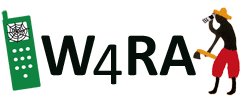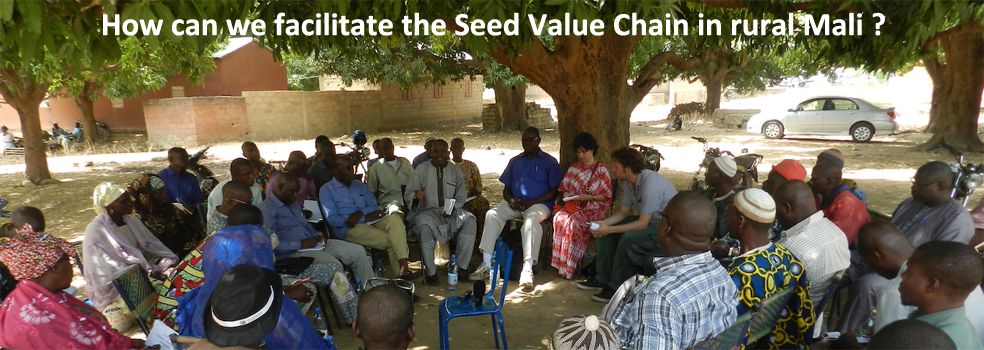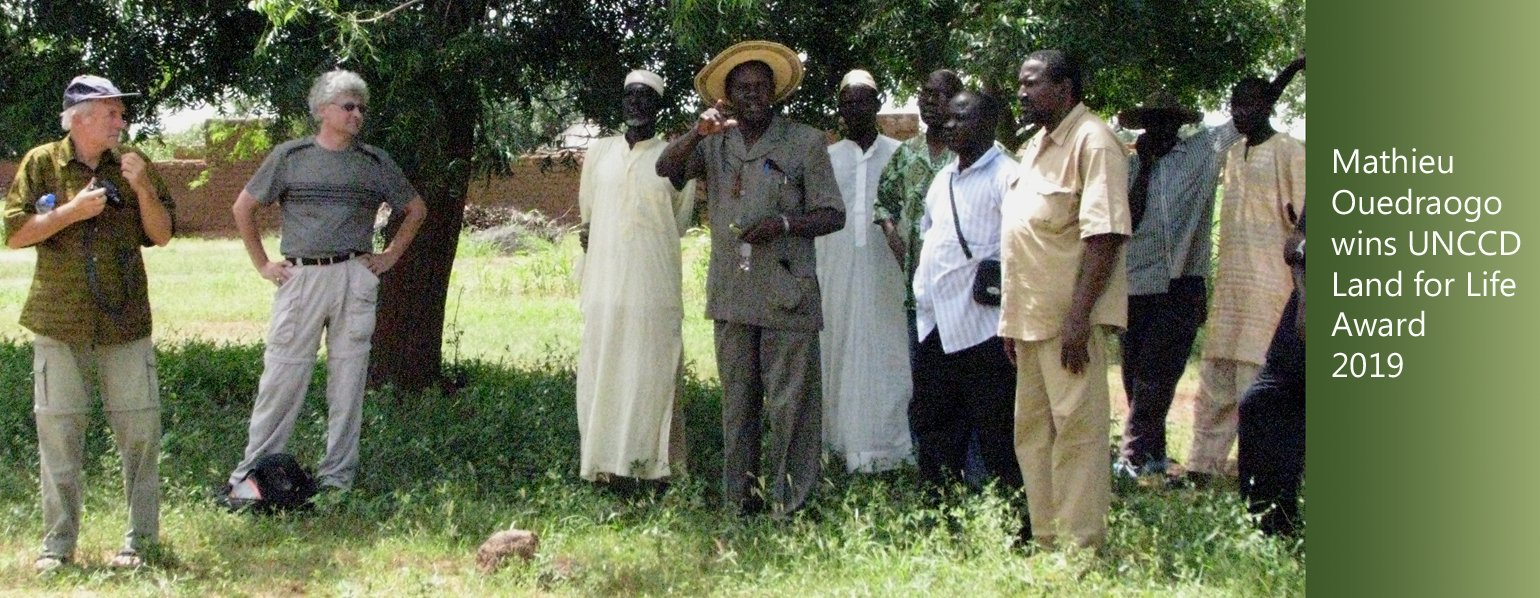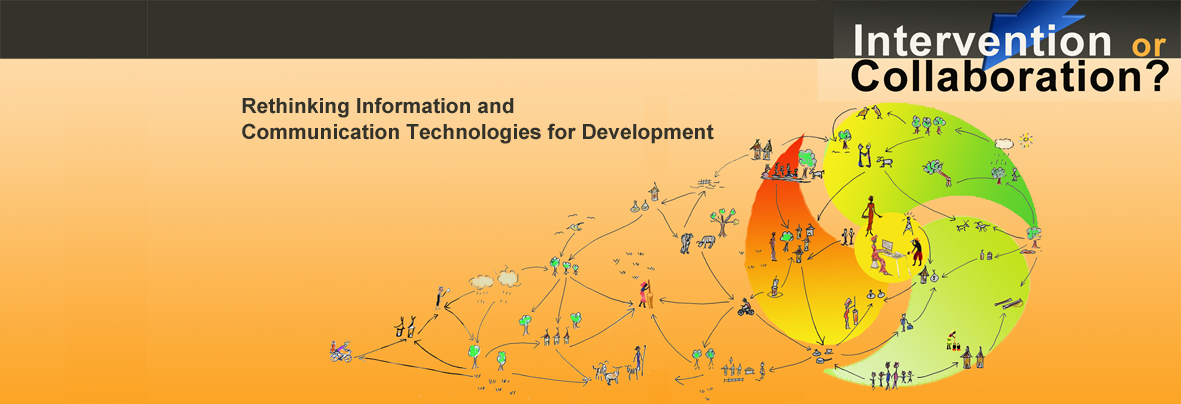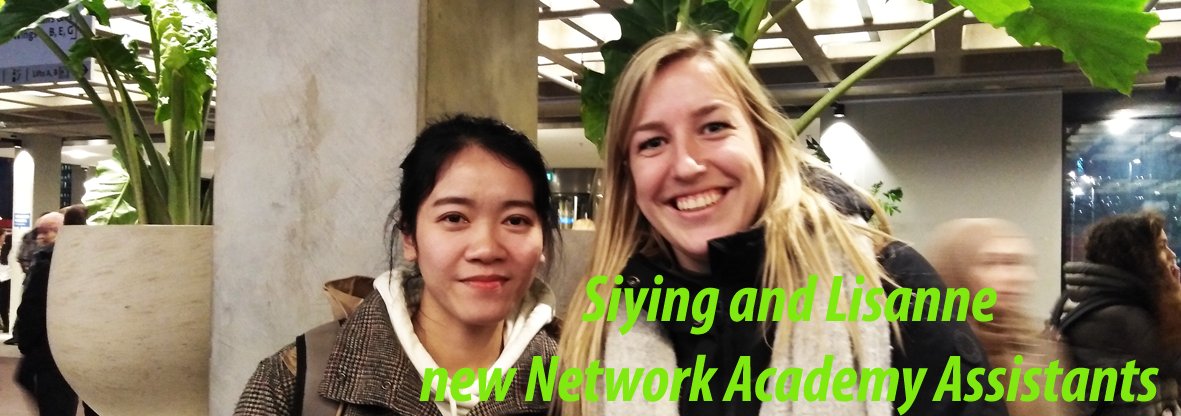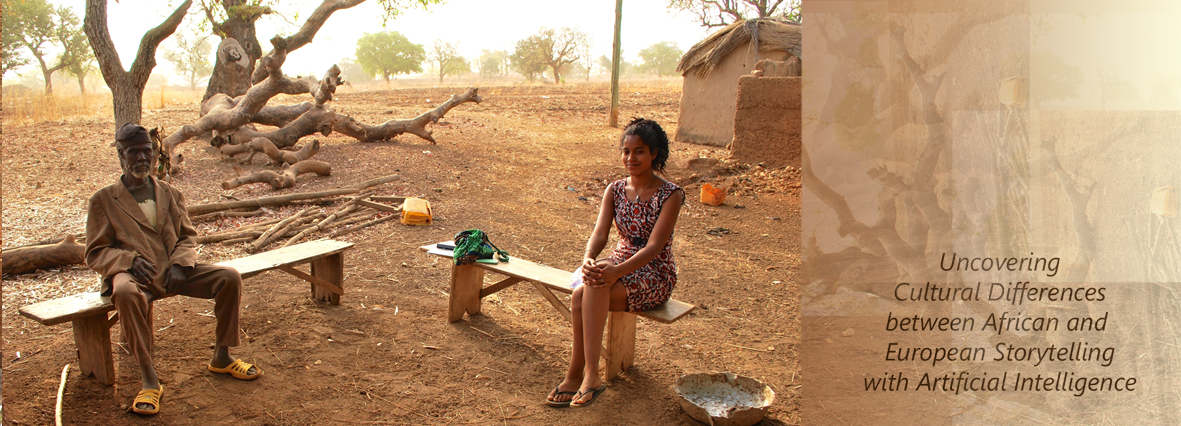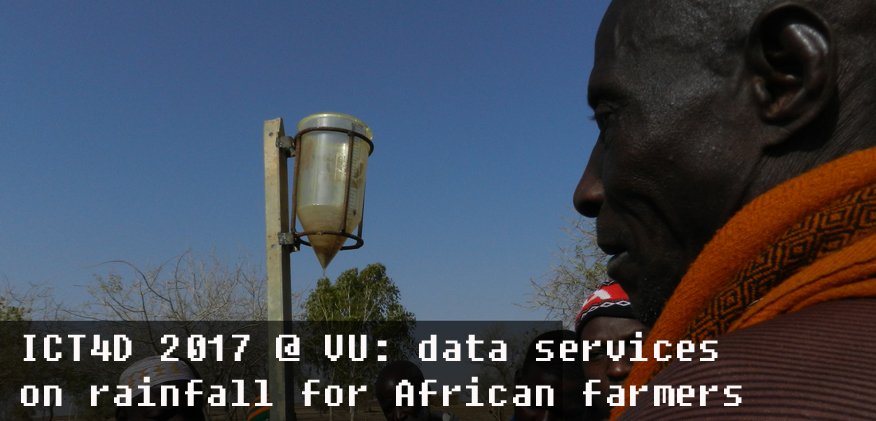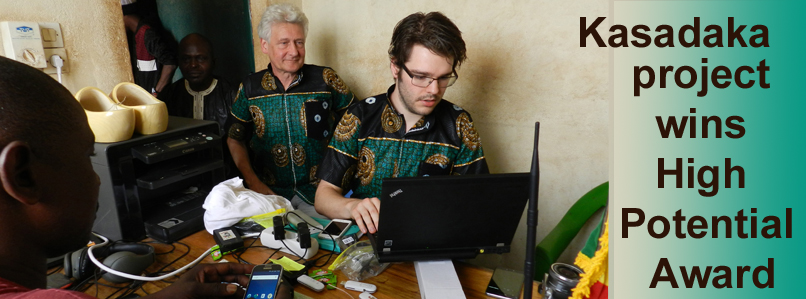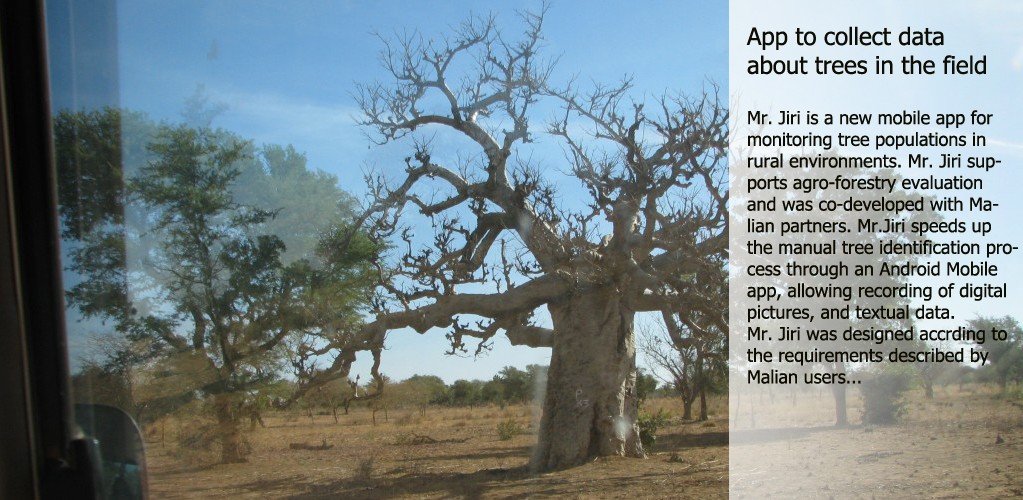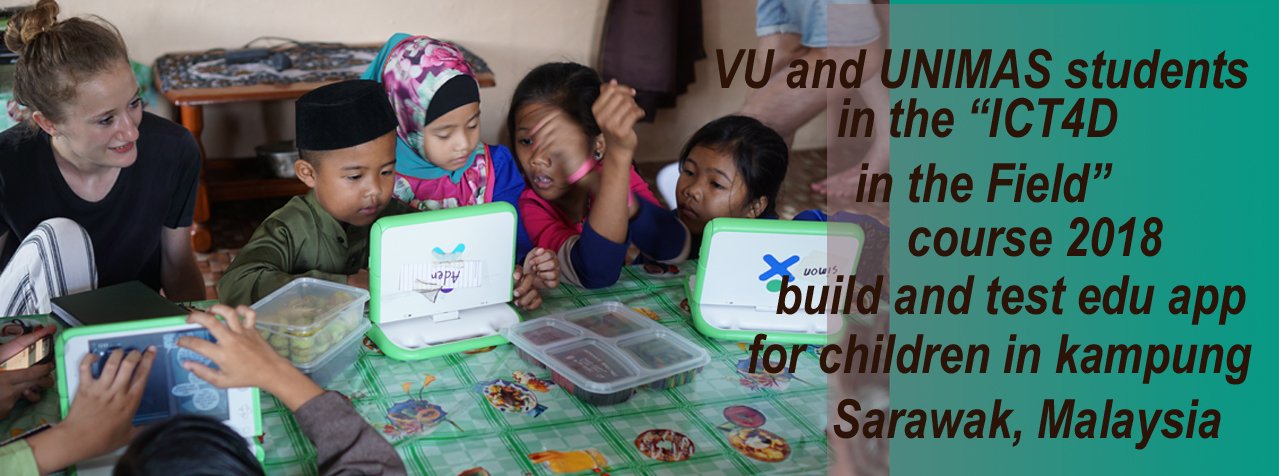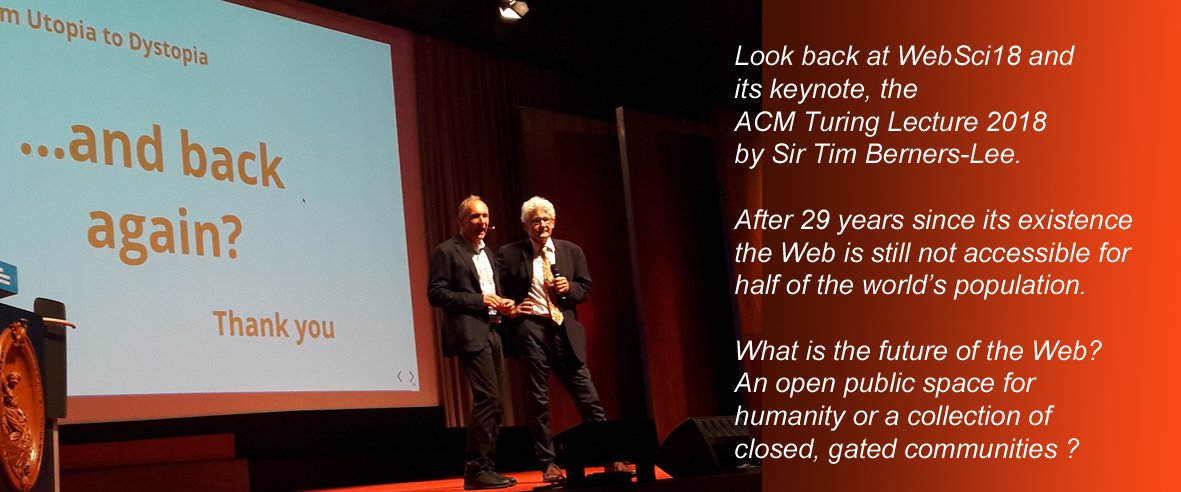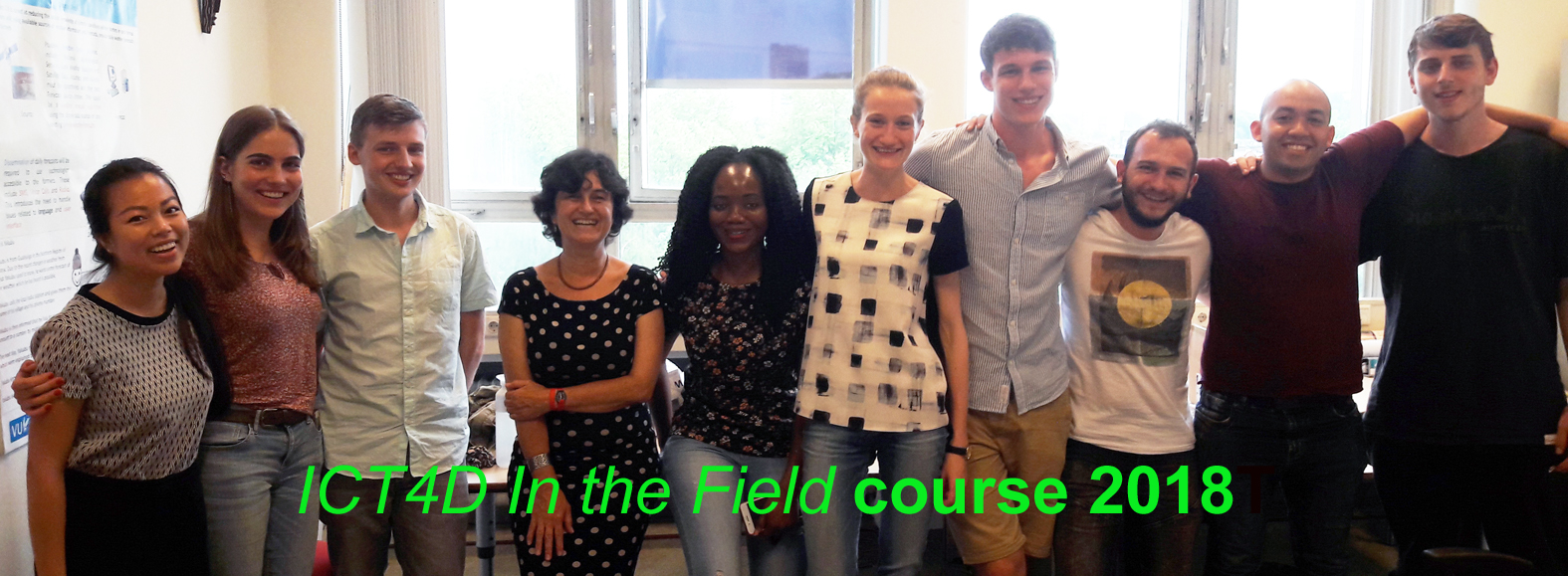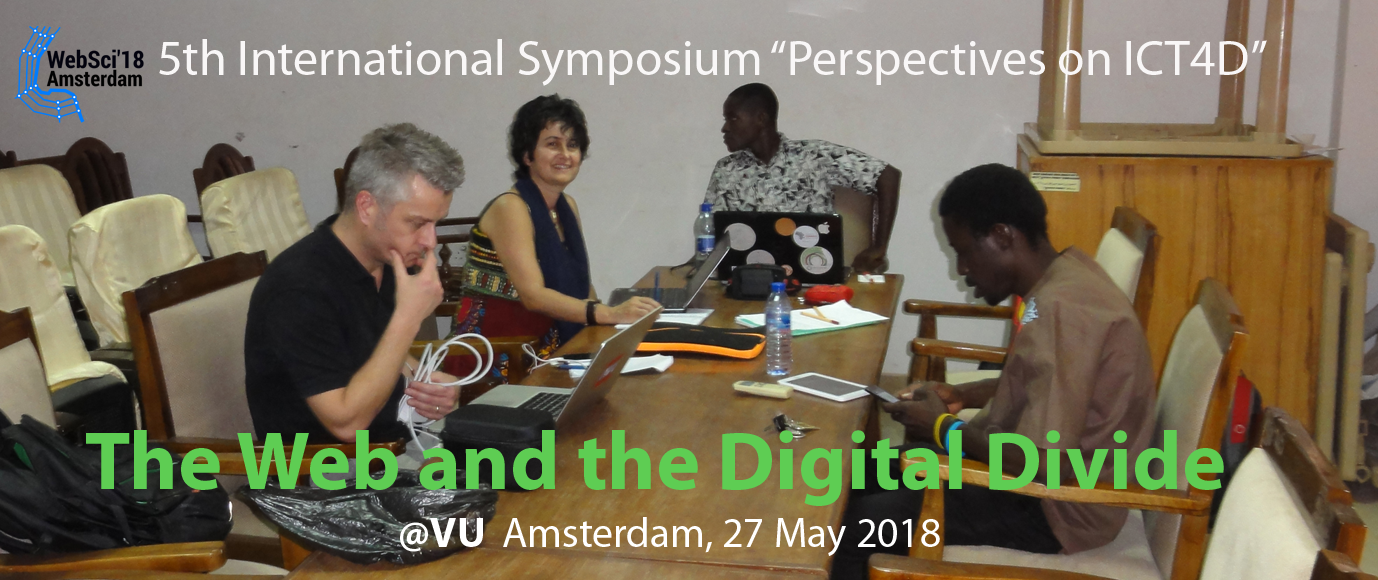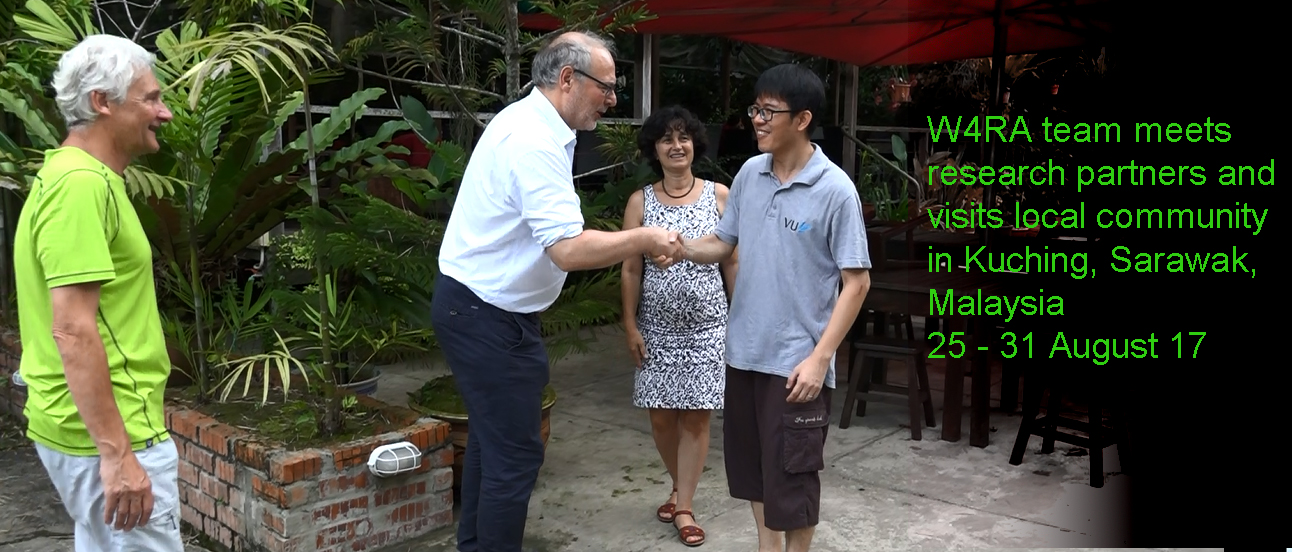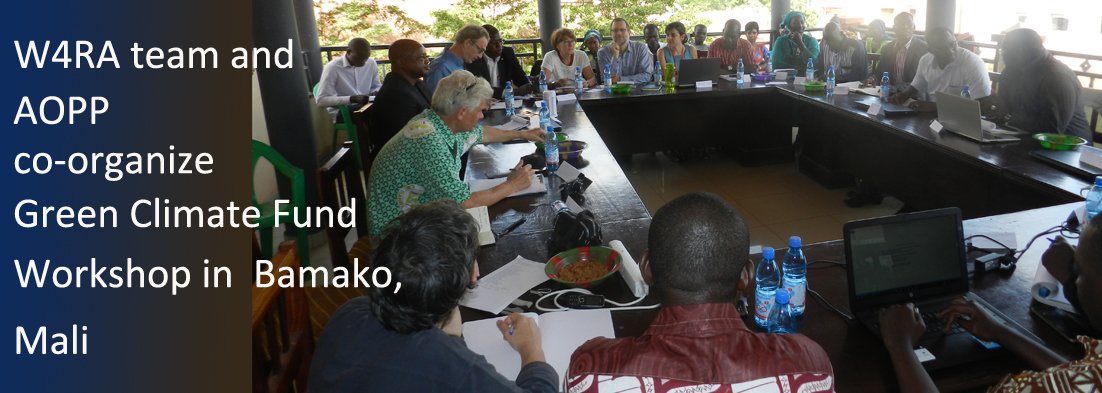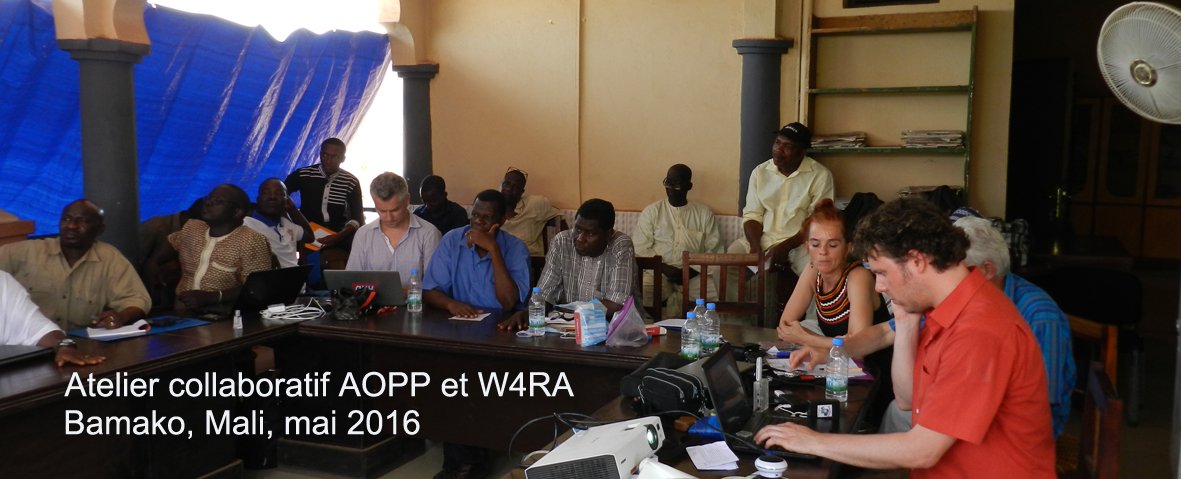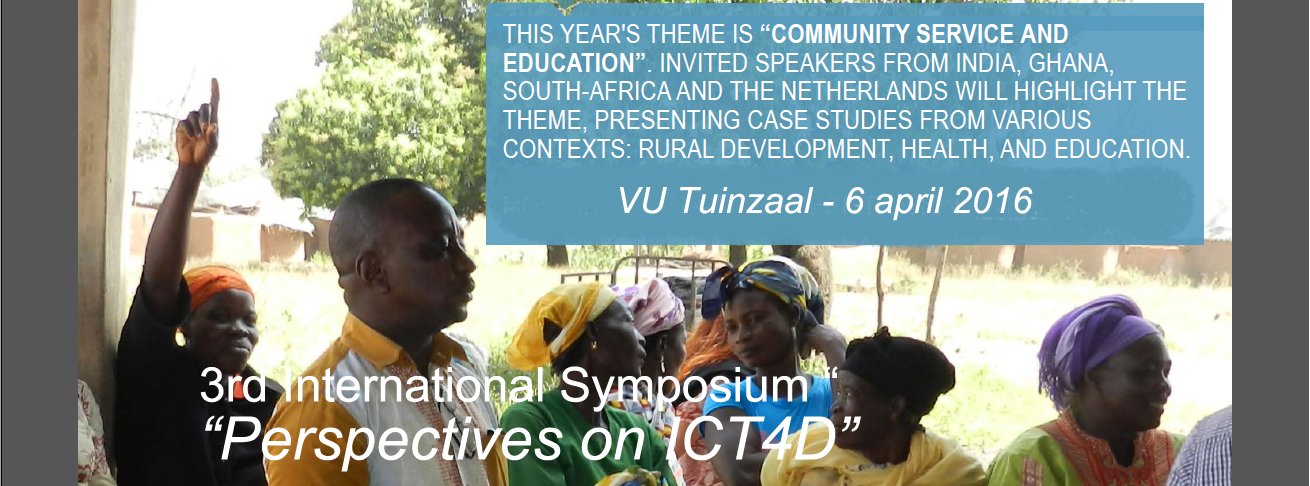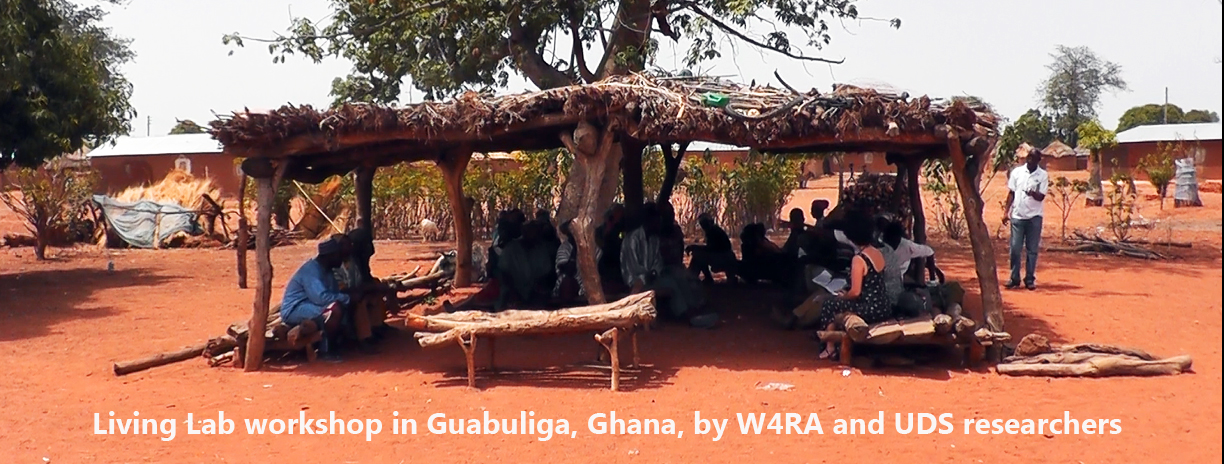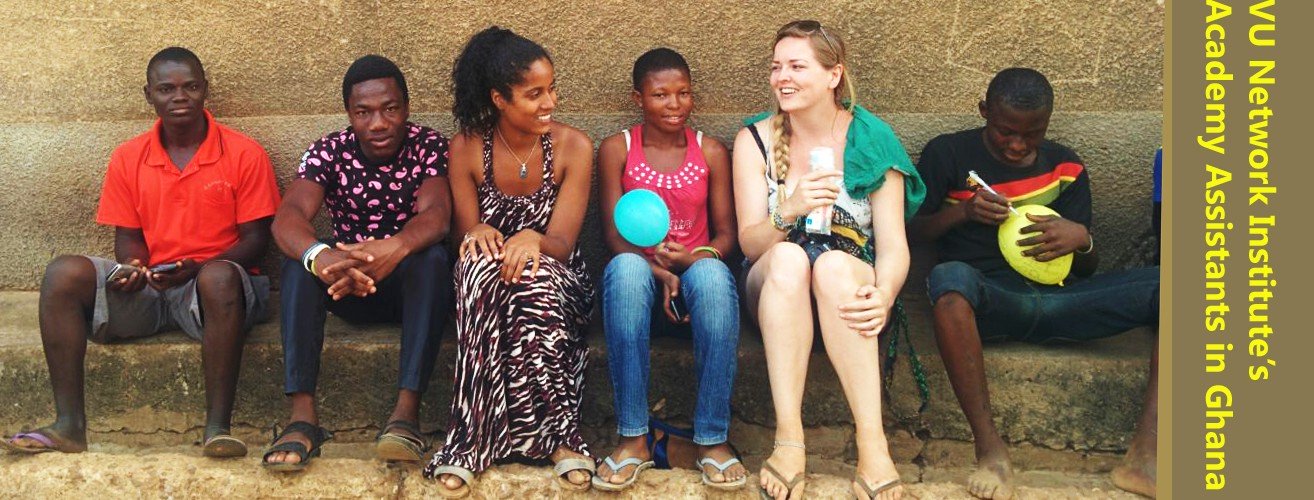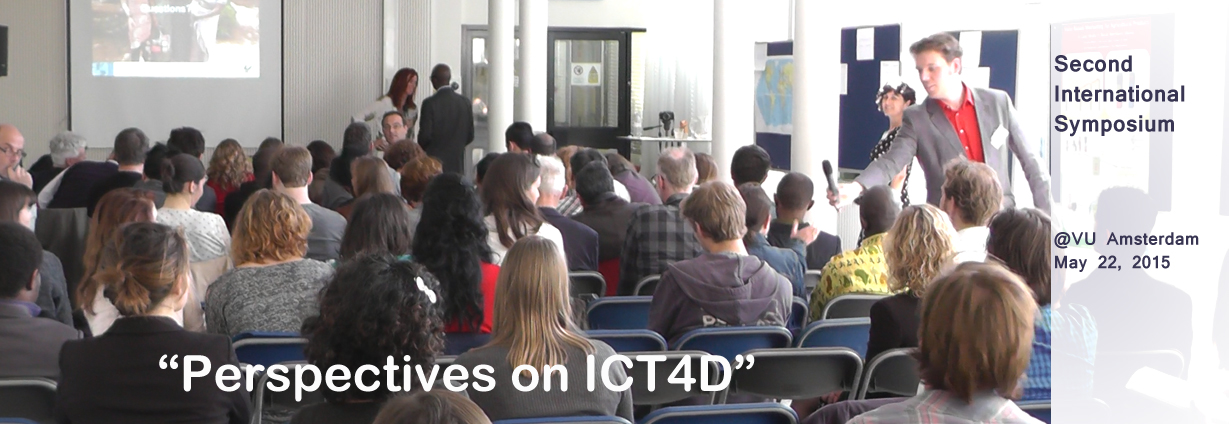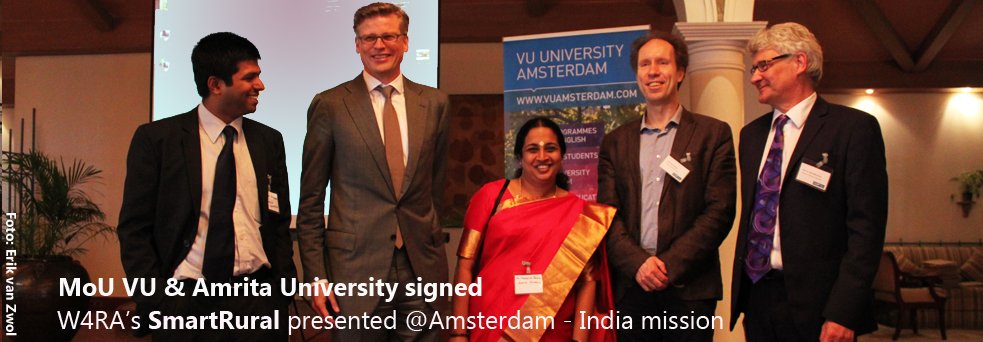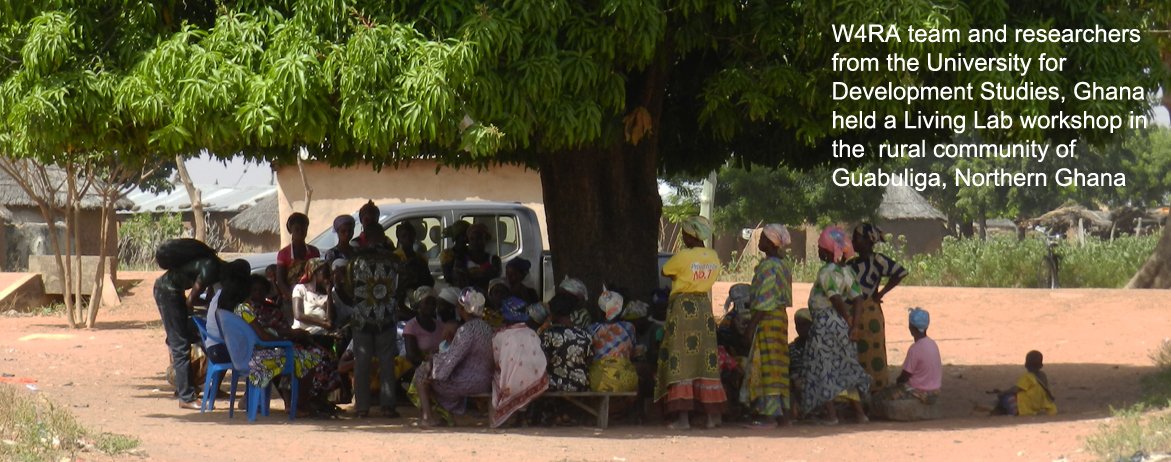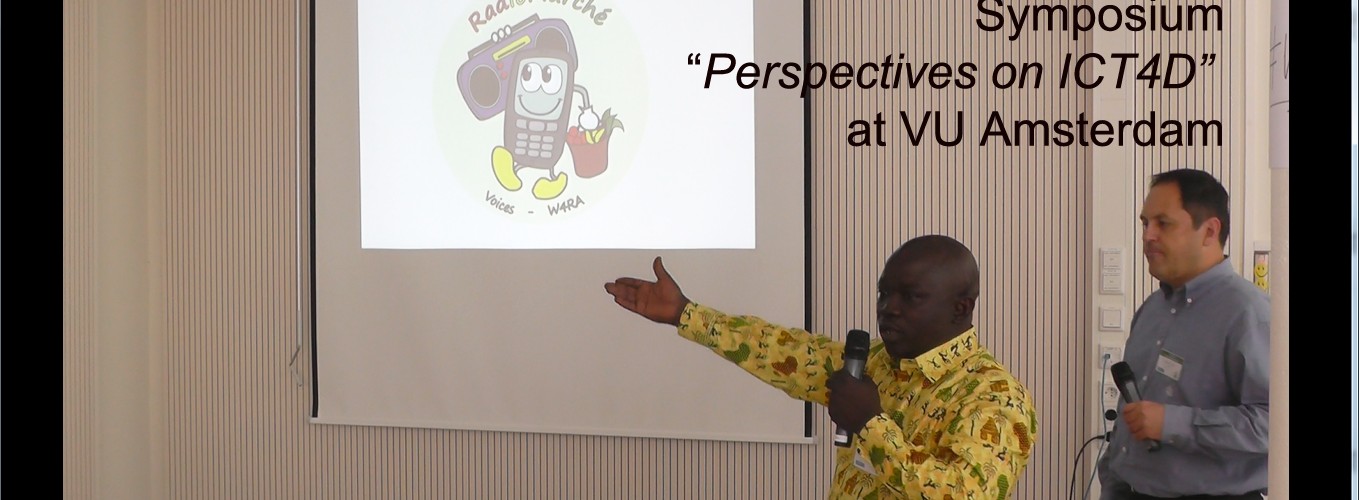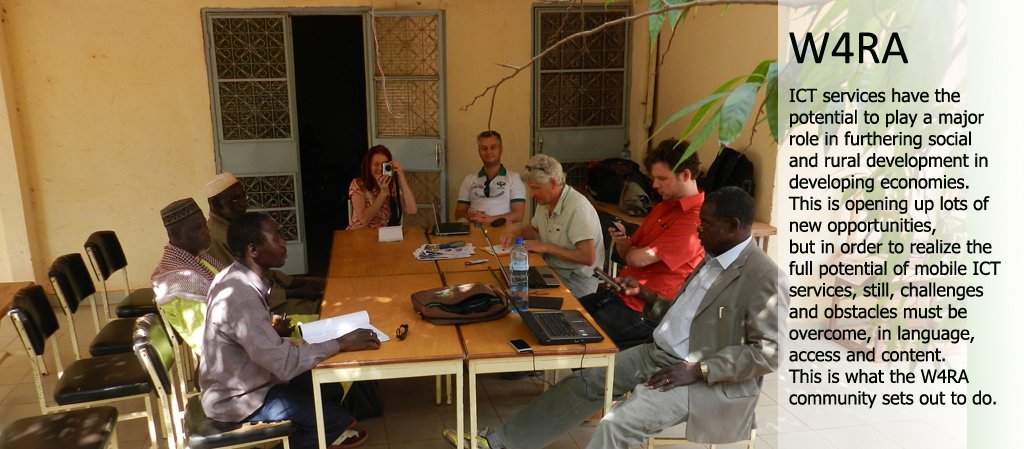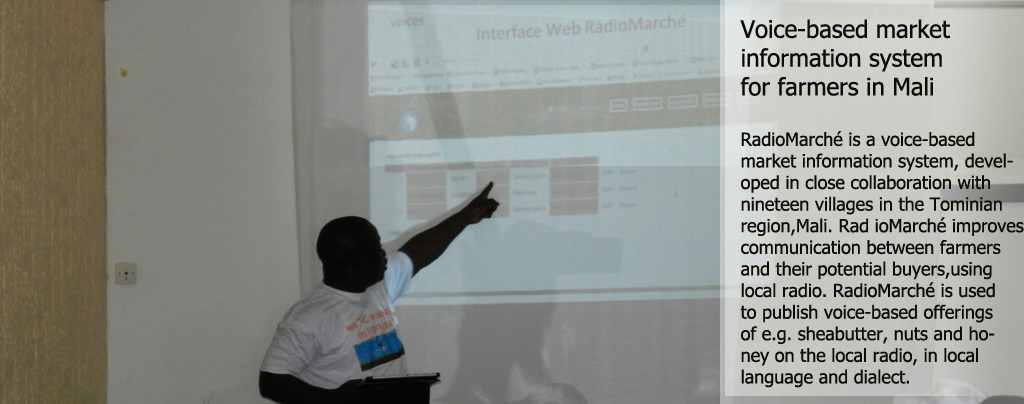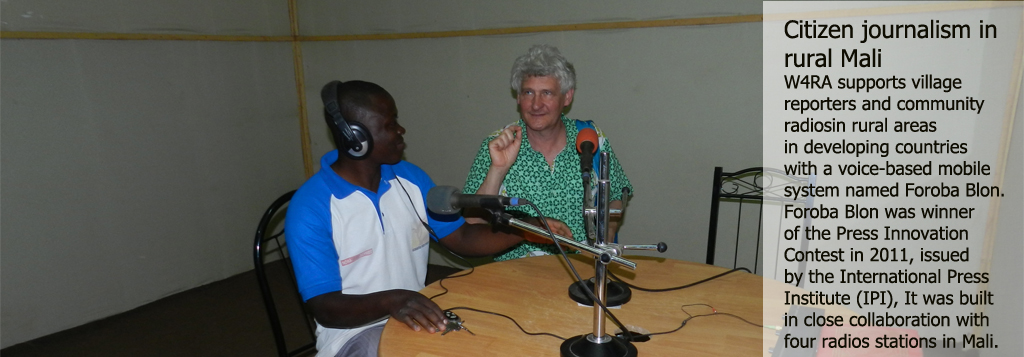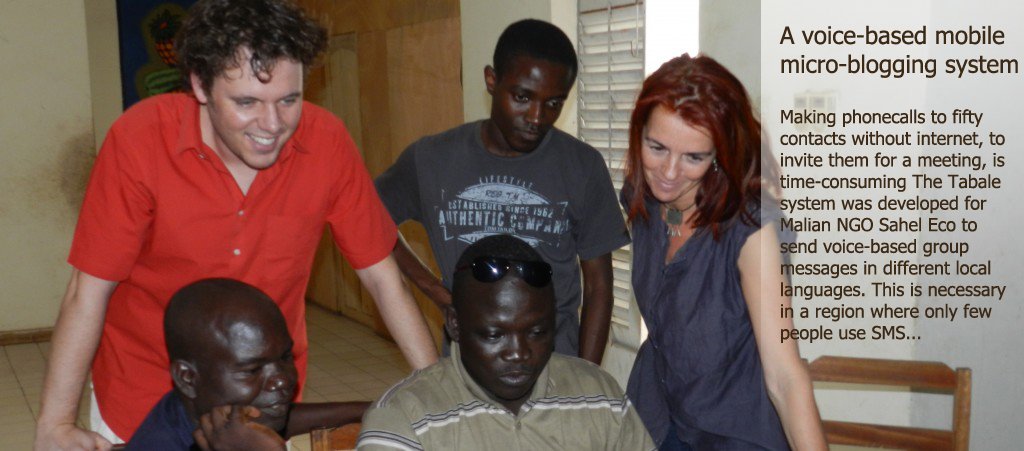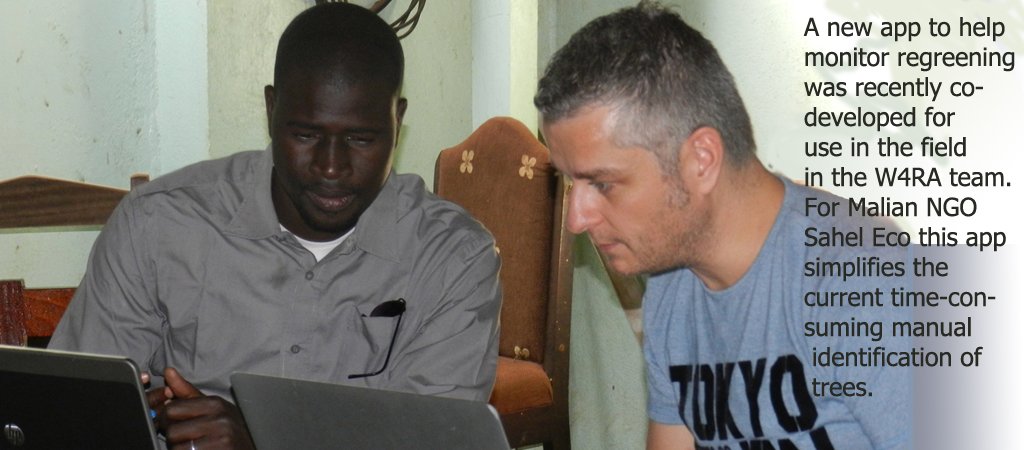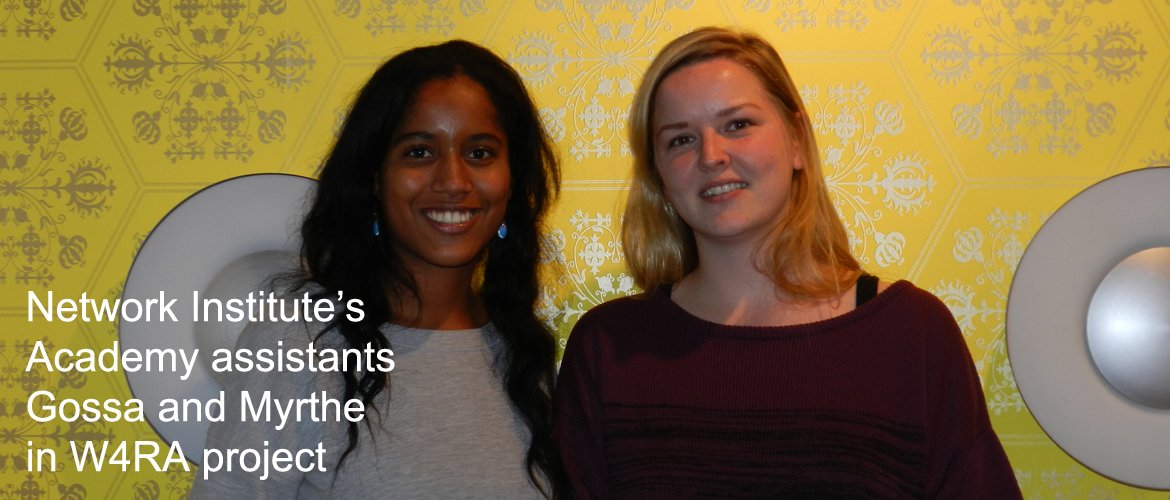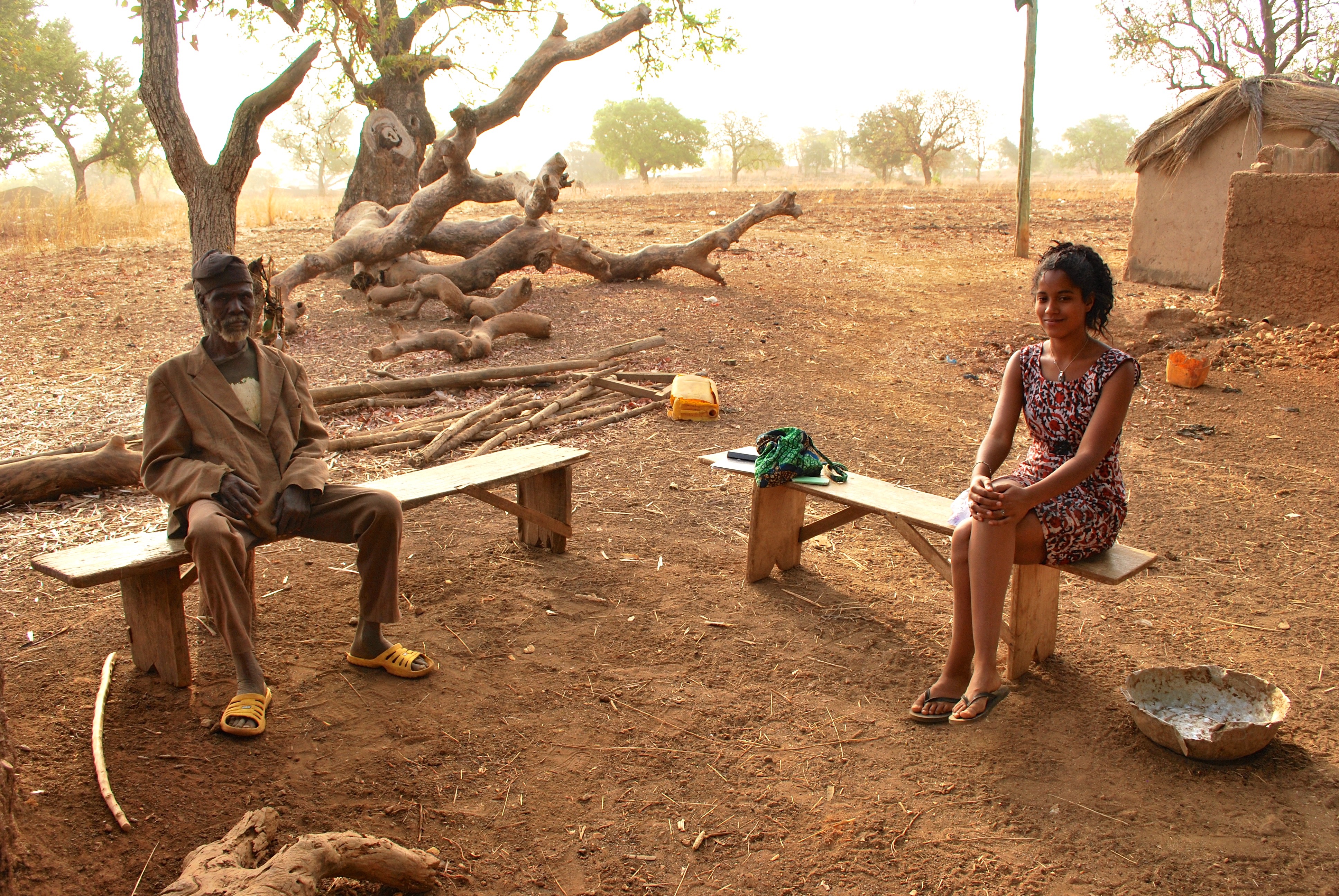 For her master research in Artificial Intelligence, Gossa Lô uses Computational Linguistics Techniques and Deep Learning to generate narratives in West African style.
For her master research in Artificial Intelligence, Gossa Lô uses Computational Linguistics Techniques and Deep Learning to generate narratives in West African style.
Storytelling is a powerful form of communication, that has the ability to pass down information, knowledge and tradition, while captivating and involving an audience with personal experiences and emotions, and in a broader sense human behaviors, cultural beliefs and values. Storytelling is particular popular in African cultures, but also in Europe there is a long tradition, from ancient Greece to modern times.
Gossa’s research tries to uncover cultural differences in narrative between West Africa and Western Europe by means of Computational Linguistics techniques.
West African narratives can be identified by its setting, characters, theme, plot and style. One would, for example expect a lion to occur in West African narrative, and a wolf in a Western European one. A neural story generator can produce narratives, however, narratives that are really coherent and distinctive as West-African is the challenge. Neural networks are trained with a large number of digitized stories, to recognize style characteristics at various levels: characters, setting, style etc.. The machine-generated output is then evaluated by real people, to trainthe algorithm.
If the neural network is capable of generating texts of high quality, an application could be made to allow people to interact with it. Read the thesis design [PDF] and her full thesis.
Gossa is doing this research in collaboration with 2CoolMonkeys BV and Bolesian. Gossa received, for her research fieldwork in Ghana, a grant from the Treub Maatschappij. (“Voor wetenschappelijk onderzoek in de Tropen“).
